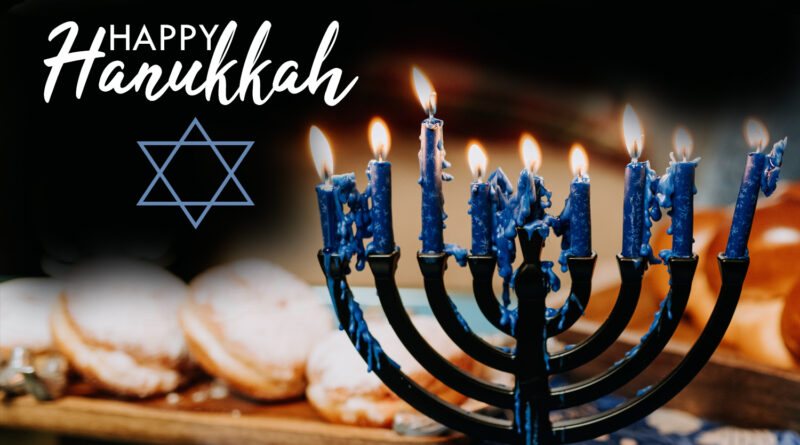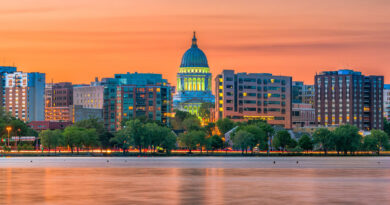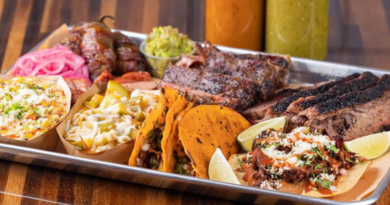History Of Hanukkah
Hanukkah, also known as the Festival of Lights, is a Jewish holiday that commemorates the rededication of the Second Temple in Jerusalem after the Maccabean Revolt against the Seleucid Empire in the 2nd century BCE. The eight-day celebration is observed every year in late November or December, and it is one of the most significant and well-known holidays in the Jewish calendar. Hanukkah holds great historical and cultural significance for the Jewish community and has a rich and complex history.
The origin of Hanukkah dates back to the reign of the Seleucid king Antiochus IV Epiphanes, who ruled over the Jewish homeland in the 2nd century BCE. Antiochus was determined to eradicate the Jewish faith and culture and forced the Jews to adopt Hellenistic customs and beliefs. He desecrated the Second Temple by erecting an altar to Zeus and sacrificing pigs on it. The Jews, led by the Maccabee family, revolted against this oppression and succeeded in recapturing the Temple after a long and bloody battle.
The rededication of the Temple took place on the 25th day of the Hebrew month of Kislev, and it was celebrated by the lighting of the menorah, a seven-branched candelabrum. According to legend, there was only enough oil to light the menorah for one day, but miraculously, the oil burned for eight days until more oil could be found. This miracle is commemorated every year during Hanukkah by lighting a special nine-branched menorah called a Hanukkiah. Each night, a candle is added to the Hanukkiah until all eight candles are lit, along with the shamash, a ninth candle used to light the others.
Hanukkah is a time for joy and celebration, and there are many traditions associated with the holiday. Families gather to light the Hanukkiah, exchange gifts, play games, and eat traditional foods like latkes (potato pancakes) and sufganiyot (jelly donuts). Children often play with dreidels, spinning tops with Hebrew letters on them, and win gelt, or small coins, as prizes. Hanukkah is also a time for charity and giving, and many Jewish communities hold fundraisers and volunteer events during the holiday.
Over the centuries, Hanukkah has taken on many different meanings and interpretations. It has been celebrated as a military victory, a symbol of religious freedom, and a reminder of the enduring strength of the Jewish people. The holiday has also been influenced by the cultures and traditions of the countries where Jews have lived, leading to variations in Hanukkah customs and practices.
In modern times, Hanukkah has become an important part of the global holiday season, and it is celebrated by Jews and non-Jews alike around the world. It is a time for remembering the past, celebrating the present, and looking forward to a bright future.
In conclusion, Hanukkah is a holiday that celebrates the resilience and perseverance of the Jewish people in the face of oppression and adversity. Its rich history and diverse traditions make it a beloved and meaningful holiday for Jews around the world. Whether through the lighting of the Hanukkiah, the sharing of traditional foods, or the playing of games with family and friends, Hanukkah is a time for joy, community, and connection.
Discover more from City Towner
Subscribe to get the latest posts sent to your email.




